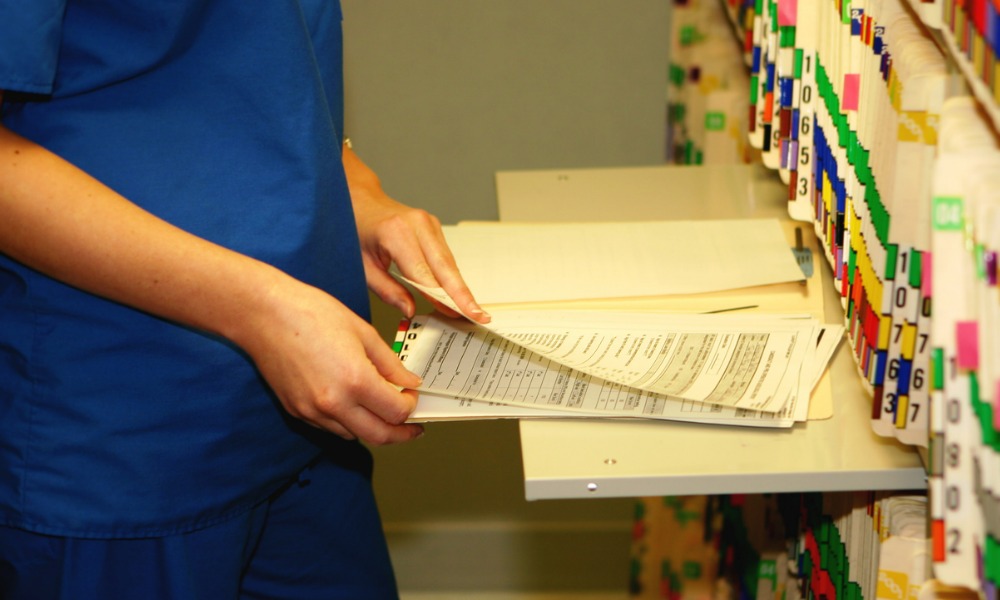No automatic right to demand pre-accident records based on a bare plea of pre-existing injury: court

The BC Supreme Court has refused to allow the production of approximately 13 years of pre-accident records based on a bare plea of a pre-existing injury.
In Harper v Sheppard, 2023 BCSC 443, Carolyn Harper was involved in a motor vehicle accident in Castlegar, BC, in 2017. She suffered multiple physical injuries, resulting in headaches, dizziness, light sensitivity, fatigue and chronic pain. The defendants, Patricia and Alan Sheppard, denied liability.
The defendants applied for the production of the complete file of Harper’s former general practitioner, Dr. Kevin McKechnie. The file consists of approximately ten years of pre-accident records. The defendants also sought authorization for the release of 13 years of pre-accident files on Harper’s persons with persistent multiple barriers (PPMB) records and four years of Harper’s ministry of social development and poverty reduction (MSDPR) files.
The defendants wanted to obtain the records, alleging that Harper suffered from a serious lung infection starting in 2008 and could not work for several years. During this period, she received PPMB benefits. They claimed that the documents sought would help them advance their case, damage the plaintiff’s case, or might fairly lead to a train of inquiry. They said that the documents sought are relevant to assess the damages.
Harper agreed to produce three years of pre-accident records from Dr. McKechnie’s file and to authorize the release of two years of PPMB and MSDPR records. She argued that the defendants had not established a basis for producing any earlier pre-accident records.
The BC Supreme Court referred to existing case law, stating that the applicant must provide some evidence to support an application for documents from a non-party to prevent “unwarranted” fishing expeditions “based solely upon pro forma pleadings.” Further, case law also states that there is no automatic right to demand pre-accident records on a bare plea of a pre-existing injury. An applicant must provide some evidence to support a connection between the documents sought and the matters in issue between the parties. The court emphasized that pleadings alone are not sufficient.
The court also pointed to case law stating that the applicant must demonstrate a connection between the documents sought and the issues beyond a “mere possibility.” There must be an “air of reality” between the documents and the issues in the action.
In Marchant-Larson v. Bahrami, 2017 BCSC 2337, the court noted that two years of pre-accident records are often sufficient to establish a pre-accident baseline for a pre-existing condition. If a party seeks more, there must be an evidentiary basis.
Harper consented to produce roughly three years of pre-accident records from Dr. McKechnie and to authorize the release of two years of pre-accident PPMB and MSDPR records. The court ruled that the defendants have failed to establish a basis for pre-accident records dating back to 2012.
The court explained that even if the plaintiff suffered from a serious lung illness in 2012, which left her unable to work for six years, she could return to work by 2015 or approximately two years before the accident. Harper acknowledged having some residual lung issues, which persisted until the accident, but those symptoms did not interfere with her ability to work.
The court found no evidence of any residual lung issues that the plaintiff had pre-accident and aggravated by the car accident. The defendants’ counsel did not direct the court to any medical report or record which mentioned lung issues as a post-accident concern. Consequently, the court ultimately concluded that no evidentiary basis justified the production of older pre-accident records. The court allowed the production of documents only up to the extent the Harper has consented.










